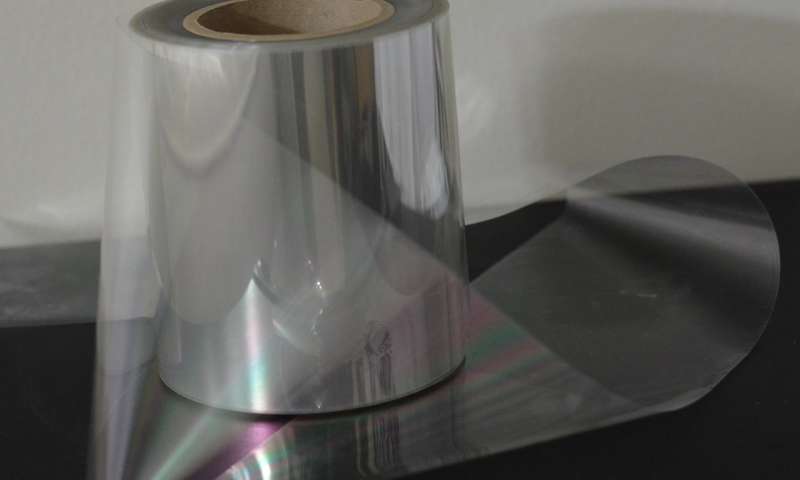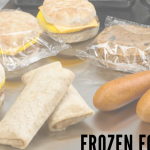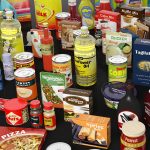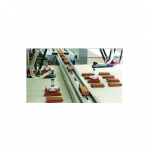
Manufacturing process provides low-cost, sustainable option for food packaging
Purdue University researchers have developed a large-scale manufacturing process that may change the way some grocery store foods are packaged.
According to Credence Research, food packaging is a growing billion-dollar market, and overall predicted growth is expected to reach 6 percent by 2024. Advanced barrier coatings, which help to protect grocery items such as foods and beverages, are growing by as much as 45 percent each year.
The Purdue team, led by Jeffrey Youngblood, a professor in Purdue’s School of Materials Engineering, created a new manufacturing process using cellulose nanocrystals as advanced barrier coatings for food packaging.
CNCs are an alternative renewable raw material derived from abundant resources such as wood and plants. They have properties including nontoxicity, biodegradability, high specific strength, high thermal conductivity and optical transparency, all of which make them excellent components for advanced food packaging.
“The challenge for the food packaging industry is to create a recyclable and sustainable barrier material that is low-cost,” Youngblood said. “Our innovation using CNC coatings is transparent, nontoxic and sustainable.”
The Purdue manufacturing technique also is scalable since it is a roll-to-roll manufacturing process using waterborne polymer systems. CNCs are highly crystalline and easily dispersed in water, so manufacturers can control the structure to eliminate free volume and end up with only the properties that are needed for the barrier material.
“Our unique process uses the power of natural nanotechnology and allows a much higher density and packing coating that reduces diffusion pathways and drastically improves oxygen, carbon dioxide and water vapor permeability,” Youngblood said. “In essence, we get properties similar to common packaging such as ethylene-vinyl alcohol polymer, but with more sustainable results.”
The Purdue technology also offers food packaging manufacturers excellent optical, thermal and mechanical properties to ensure that food remains as fresh as possible when it is delivered to the grocery store for consumers.
“Technological advances such as this are important as there is a larger societal effort to improve sustainability,” Youngblood said. “CNC offers this, along with transparency, nontoxicity and high barrier performance.”
Read more: Manufacturing process provides low-cost, sustainable option for food packaging





